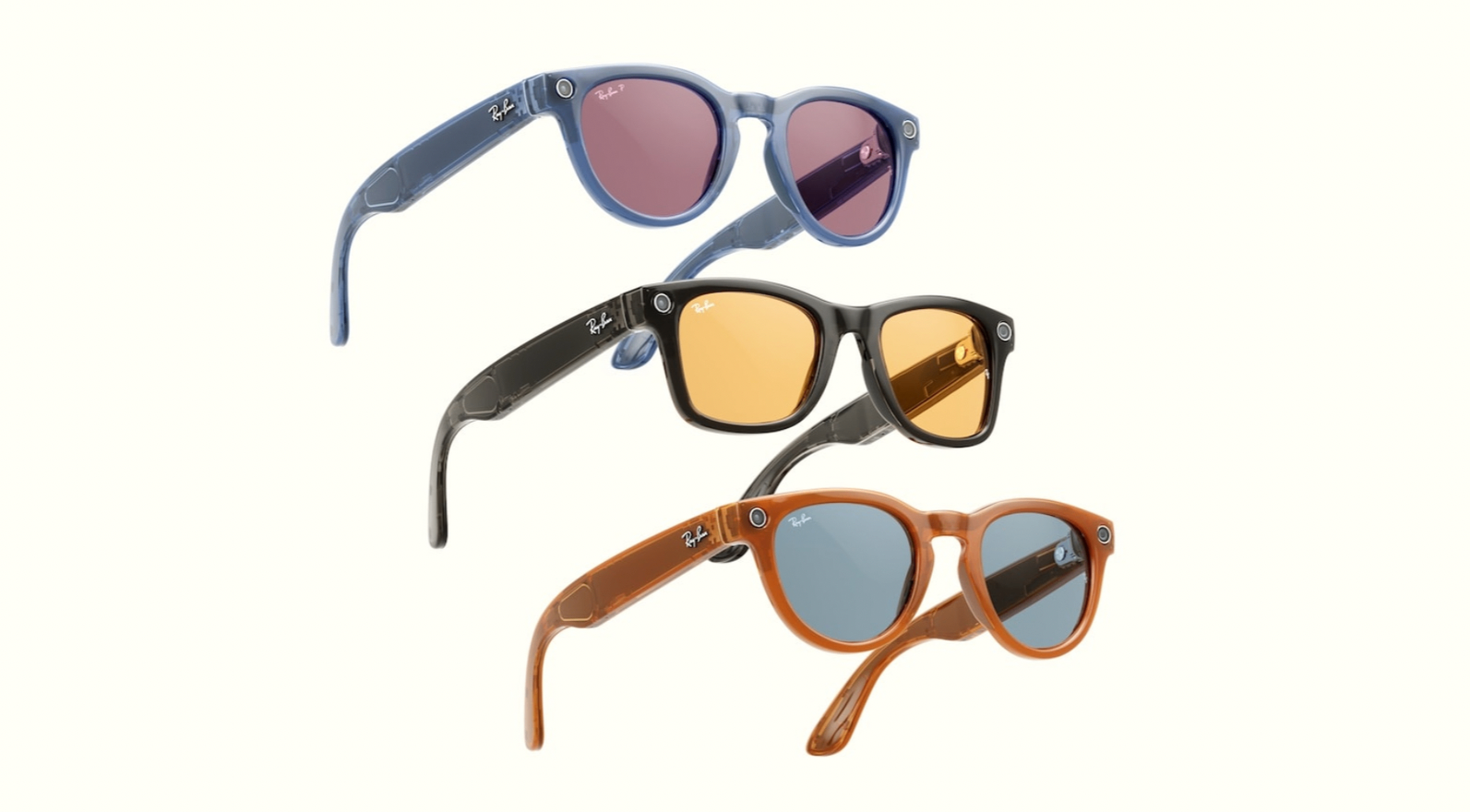Spurred On By Competitors, Meta Returns to AI Headphones
Meta is trying to develop camera-equipped headphones with recognising objects and translating features powered by AI.
On May 13, it was reported that Meta is attempting to develop AI-powered headphones equipped with cameras, aiming for features such as object recognition and foreign language translation.
Sources indicate that the internal name for this project is "Camerabuds." The headphones will feature two outward-facing cameras and speakers, capable of detecting the wearer's surroundings and supporting real-time AI functions. However, it remains unclear whether the final product will be in-ear or over-ear headphones. CEO Mark Zuckerberg has tried several possible design schemes, none of which have satisfied him.
As of now, the project's timeline has not been disclosed. Meta executives had expected the design drafts to be approved within the first quarter, but testers have identified multiple potential issues, such as long hair potentially obscuring the cameras on the headphones. Additionally, the inclusion of cameras and batteries might make the headphones too heavy, and issues like short battery life and overheating could impact user experience. Furthermore, privacy concerns related to the cameras on the headphones present a significant challenge.
This is not Meta's first attempt to enter the headphone market. In 2019, Meta had already "taken a bite" with a headphone project, but company leadership felt the product would struggle to stand out in the market at that time, so the project was abandoned.

Last September, Meta launched the Ray-Ban Stories smart glasses in collaboration with Ray-Ban, priced at $299. Although featuring AI capabilities that allowed users to view information about objects, they failed to impress consumers and raised a series of privacy concerns.
Meta seems to have a track record of "giving up" on hardware development. Earlier, Meta canceled the smart speaker product line named "Portal"; in 2022, the company also scrapped a smartwatch project with camera features.
From startups to tech-giants like Meta, many companies are currently striving to develop AI-powered wearable devices. Humane and Rabbit have launched their AI pocket devices, AI Pin and R1, respectively, but have faced criticism due to subscription fees and design issues.
Additionally, OpenAI co-founder and CEO Sam Altman has stated that he and former Apple chief designer Jony Ive's design company, LoveFrom, are attempting to create a headphone device with cameras. There are also reports that Apple is looking to add cameras and AI features to its headphones.

Bear Clark from Kansas electronics company Ear Micro noted that interest in developing audio devices among tech companies has surged over the past year. His company primarily focuses on developing smart headphones, licensing intellectual property, and providing design and engineering support to tech companies. Bear Clark mentioned that recently, two major tech companies have expressed interest in collaborating on smart headphone development, but due to confidentiality agreements, he cannot disclose specifics.
As a result, Meta seems to be feeling the pressure and has driven Zuckerberg, CTO Andrew Bosworth, and other executives to push forward with their AI headphone project. Now, Meta is more focused on audio and AI integration.
A former Meta employee revealed that after OpenAI's ChatGPT became a huge success, Meta leadership began soliciting ideas from employees to find AI-driven innovation opportunities. Since then, Meta has invested considerable effort and resources into incorporating AGI into various products, though the path to returns remains unclear.
Furthermore, Meta has made significant investments in audio and acoustic technology. In 2022, Meta acquired Audio Analytic, a sound recognition software manufacturer, and the following year, it acquired Whisper, a developer of AI-powered hearing aid systems.
·Original
Disclaimer: The views in this article are from the original Creator and do not represent the views or position of Hawk Insight. The content of the article is for reference, communication and learning only, and does not constitute investment advice. If it involves copyright issues, please contact us for deletion.